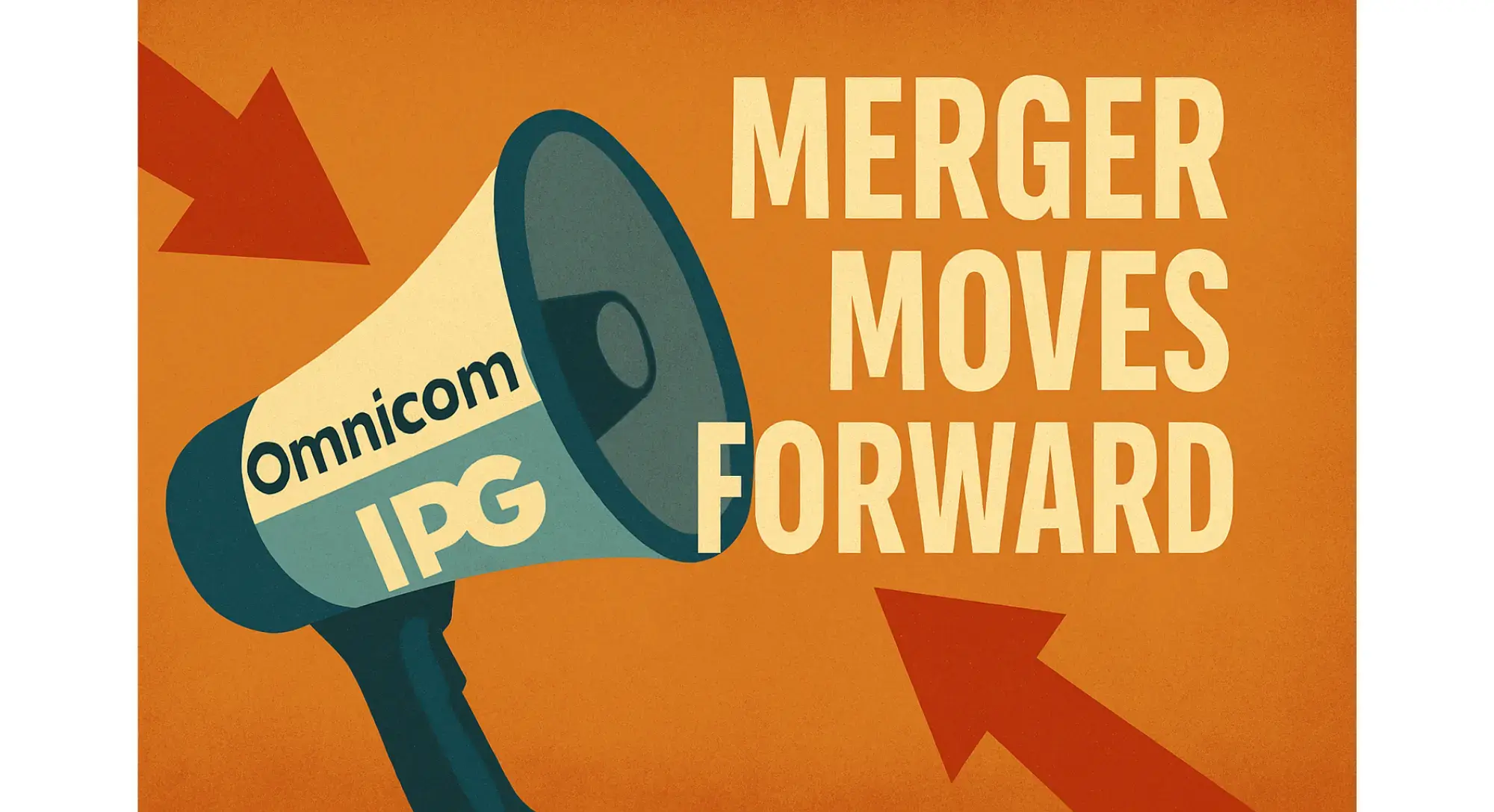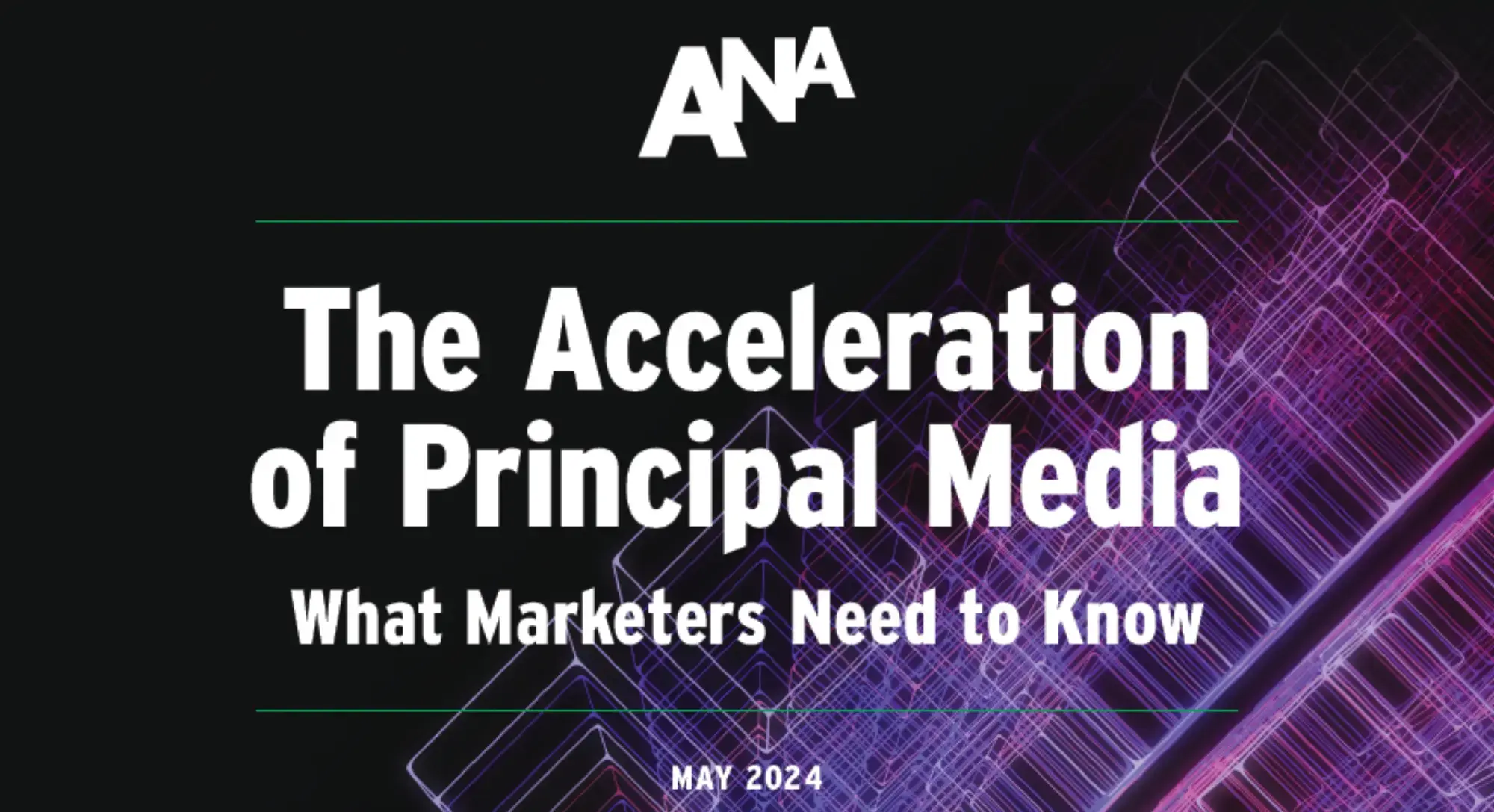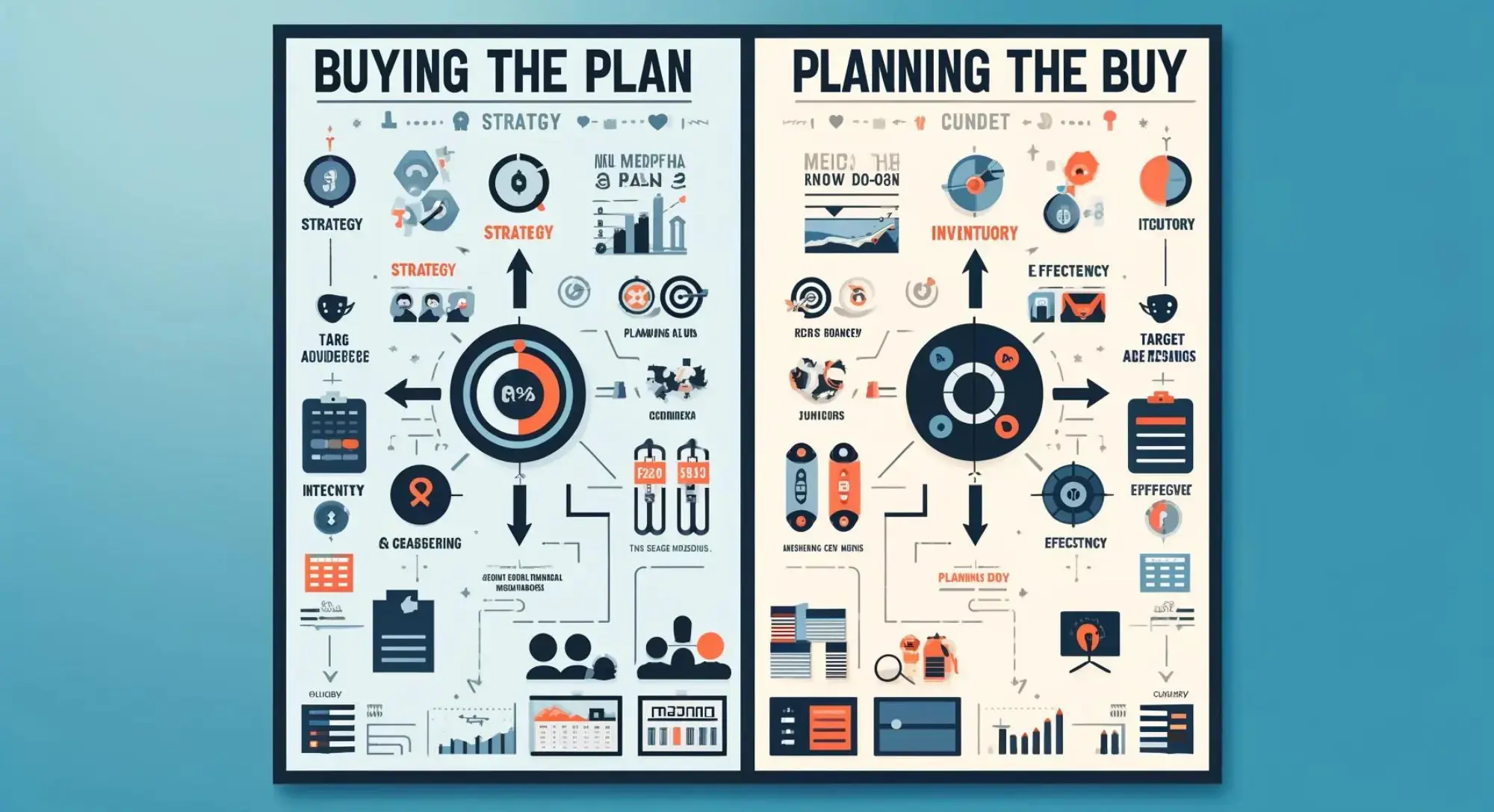On June 25th 2025, the $13 billion merger between Omnicom Group and Interpublic Group (IPG) has received conditional approval from the Federal Trade Commission (FTC), but not without strings attached.
In a deal set to reshape the global advertising landscape, the two U.S.-based holding groups must now agree to strict behavioural commitments that address growing concerns about media bias, political interference, and advertiser independence.
This isn’t just a merger story. In my views, It’s a warning shot about the fragile line between media planning and political pressure.
What's the deal?
Omnicom, the parent company of media and creative agencies like BBDO, OMD, and TBWA, announced in December 2024 its intention to acquire IPG, owner of McCann, UM, and Initiative.
The all-stock transaction, valued at roughly $13 billion, would create the largest advertising group in the world, with a combined net revenue estimated at $25 billion.
The merger promises unprecedented scale in media strategy, planning, buying, and creative services, potentially surpassing WPP and dramatically altering the competitive landscape.
It also brings together two giants actively investing in AI, data, and technology, positioning the merged entity to take on Google, Meta, Amazon, and other tech platforms head-on.
But not so fast...
The FTC’s approval came with strict conditions. Specifically, the two ad giants agreed:
-
Not to collude on politically motivated ad boycotts: Both companies agreed not to collude with each other (or with other companies) to shift ad spend away from media platforms based on political or ideological affiliation.
-
Not to create or share 'exclusions lists' of media platforms based on perceived political or idealogical grounds: Omnicom agreed not to maintain internal blocklists that automatically prevent spend on certain platforms unless a specific advertiser requests it.
-
To submit annual reports for the next five years to demonstrate compliance: Omnicom must now submit yearly reports to the FTC for the next five years, demonstrating adherence to the agreement.
-
To assist the FTC in future investigations into the media buying ecosystem: Both parties have committed to supporting any future FTC inquiries into media-buying behaviour.
The move follows a broader investigation into whether major holding groups and left-leaning advocacy organisations have steered ad dollars away from platforms like Elon Musk’s X (formerly Twitter) for political reasons, potentially violating antitrust laws.
While Omnicom and IPG did not admit any wrongdoing, the FTC made clear that monitoring politically motivated censorship and bias in media planning is now a top enforcement priority.
A chilling backdrop: Pressure from platforms
The FTC’s ruling didn’t come in a vacuum. It follows escalating tension between platforms and advertisers.
As reported by The Wall Street Journal, X CEO Linda Yaccarino allegedly pressured IPG to boost client spend on the platform, implying that the merger itself could be at risk if IPG didn’t comply.
This comes after months of legal threats from Musk’s X, which has sued watchdog groups and hinted at legal action against advertisers who pulled spending from the platform, accusing them of participating in an “illegal boycott.”
We’re now in uncharted territory, where platform power is colliding with agency independence and advertiser freedom of choice.
What does this mean for advertisers?
This moment is a wake-up call for the industry. Here’s why:
1. Media investments must remain grounded in brand strategy, not politics or fear
- Advertisers should never feel compelled to spend on a platform due to legal threats, political pressure, or public controversy.
- Media plans must reflect audience relevance, brand safety standards, and business objectives—not intimidation tactics or ideological leanings.
2. Advertisers must insist on transparency from their media agencies
- Brands need to know if platform recommendations are based on performance data or external pressures.
- If agencies are influenced behind closed doors, clients risk making decisions on flawed foundations. Full disclosure of rationale, risks, and trade-offs is non-negotiable.
3. The independence of media planning is under threat
- When media agencies face pressure from powerful platforms or political actors, their ability to provide neutral, client-first advice is compromised.
- Advertisers must ensure their media agencies are free to recommend or reject platforms based solely on brand suitability, performance, and risk - not coercion, lobbying, or fear of retaliation.
At Abintus, we believe advertisers need to reclaim control. That means demanding unbiased planning, ensuring agency accountability, and building internal capabilities to question and validate media choices, especially when they involve contentious or politically charged platforms.
Looking ahead
The FTC’s conditional approval isn’t the final word.
The decision remains open to public comment for 30 days, and regulators in the U.K. and Australia are also reviewing the deal.
But regardless of what happens next, this case sets a precedent: Mergers in media are no longer just about market dominance, they’re also about ideological neutrality, freedom of speech, and the independence of media investment decisions.
The industry is evolving. So must the governance frameworks advertisers use to navigate it.
Now more than ever, independent scrutiny from truly independent media auditors is essential to ensure media choices are made in the best interests of the client, not swayed by pressure, politics, or platform agendas.
That’s what we do at Abintus. Get in touch to find out how can support you.
Additional resources related to this topic:
- A Deep Dive into AVBs for Advertisers
- Understanding Agent vs. Principal in Media Agencies
- Why a Financial Media Audit is Key to Ensuring Full Media Accountability
- Inventory Media - An Opaque Term That Leaves Advertisers Confused
--------------------------------------------------------------------------------
About the Author
 Philippe Dominois, co-founder and CEO of Abintus Consulting and Head Coach at the Abintus Academy, brings over 25 years of global media expertise to the table. With a wealth of experience from his tenure at leading media agencies such as Wavemaker, Starcom, and Carat, as well as more than a decade at Ebiquity, Philippe has established himself as a thought leader in the industry. He has authored hundreds of articles focusing on media management best practices, sharing his insights and knowledge with the wider media community.
Philippe Dominois, co-founder and CEO of Abintus Consulting and Head Coach at the Abintus Academy, brings over 25 years of global media expertise to the table. With a wealth of experience from his tenure at leading media agencies such as Wavemaker, Starcom, and Carat, as well as more than a decade at Ebiquity, Philippe has established himself as a thought leader in the industry. He has authored hundreds of articles focusing on media management best practices, sharing his insights and knowledge with the wider media community.
Media Auditing Services: Click Here
Agency Pitch Management Guide: Click Here
Free Agency Contract Assessment: Click Here
Free Media Training for Advertisers: Click Here



